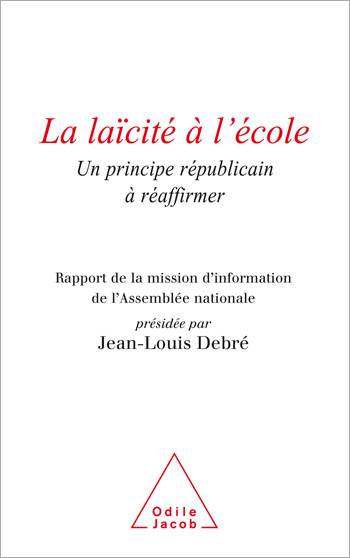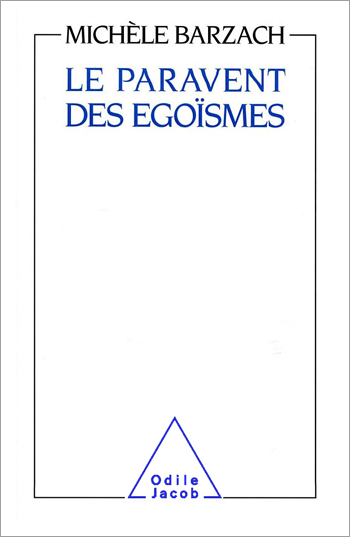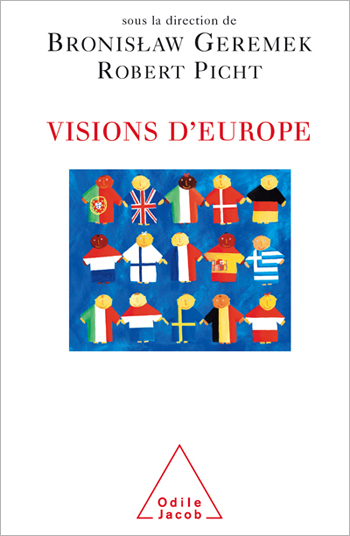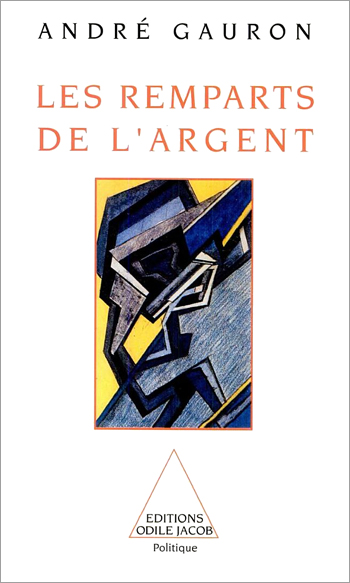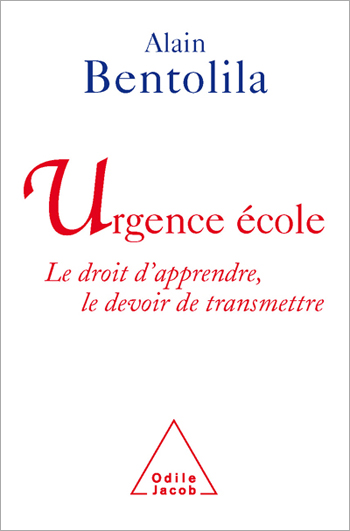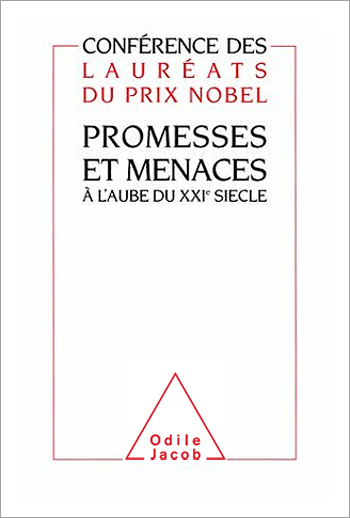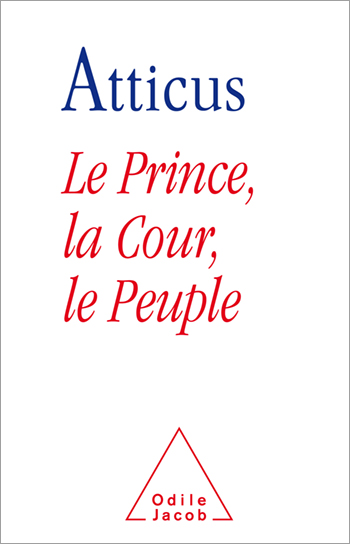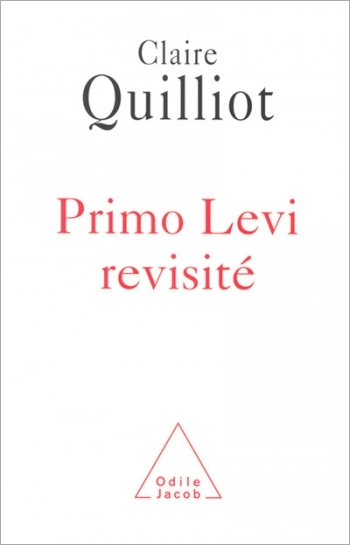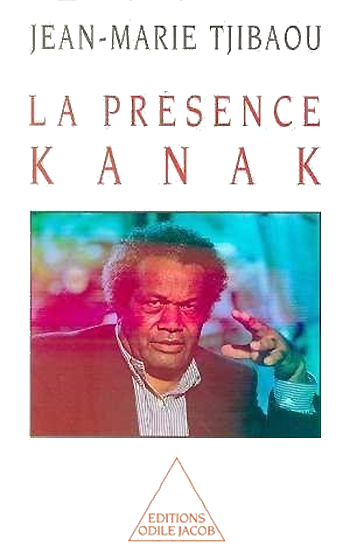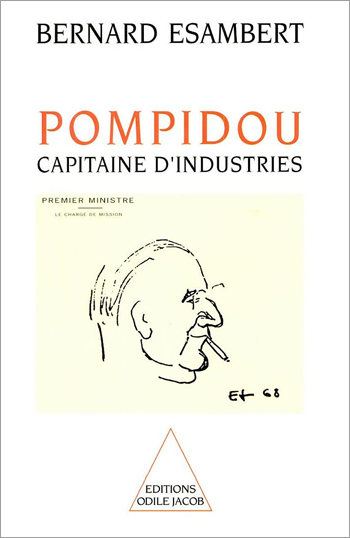Documents All books
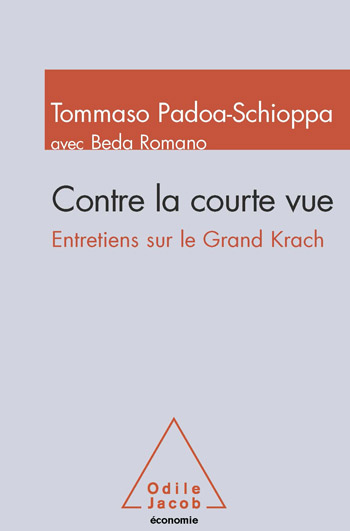
Tommaso Padoa-Schioppa, Beda Romano
The Short-Term View Conversations About the Big Crash
A leading figure in Italian and European politics and economics provides a critical synthesis of the conduct that led to the crash, and suggests paths to be explored to mould new thinking in economics.
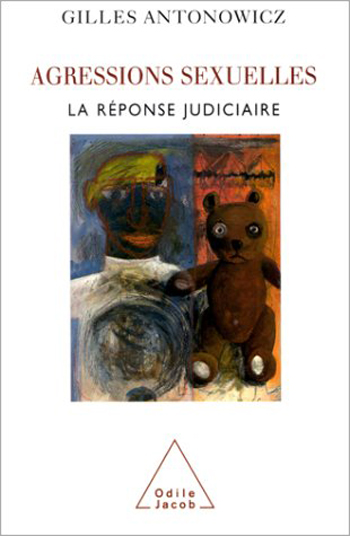
Gilles Antonowicz
Sexual Crimes The Reponse of the Judiciary
What is the value of the testimony of a minor who declares having been sexually abused by a family member? What procedures does the judiciary follow to try to prevent the risk of a false allegation? The author explains and comments on the judicial procedure for these sensitive cases, which are often long, complex and very trying. The author goes on to ask if the time has not come to reconsider the status of the victim in these penal proceedings. Gilles Antonowicz is a lawyer specialising in cases concerning the sexual abuse of minors.
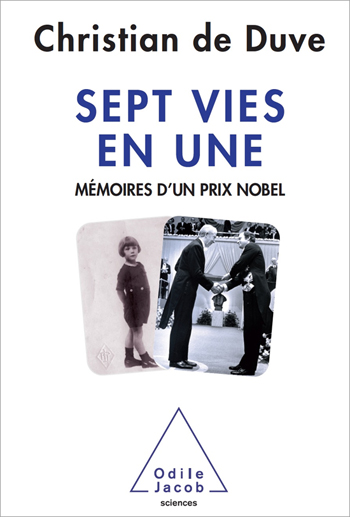
Christian de Duve
Seven Lives in One Nobel Prize winner's Memoirs
The life of an exceptional Nobel Prize winner, from childhood to scientific recognition and acclaim
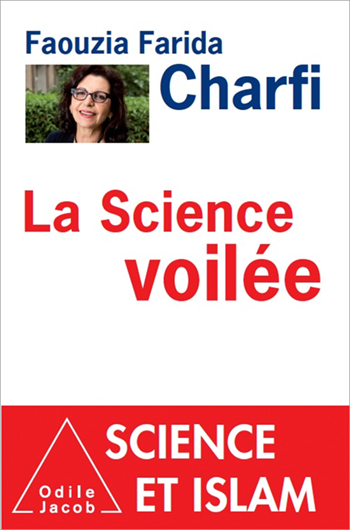
Fouazia Farida Charfi
Science Under the Veil
A vigorous defence of science combined with an appeal to Tunisians to look ahead and not turn their backs on the future
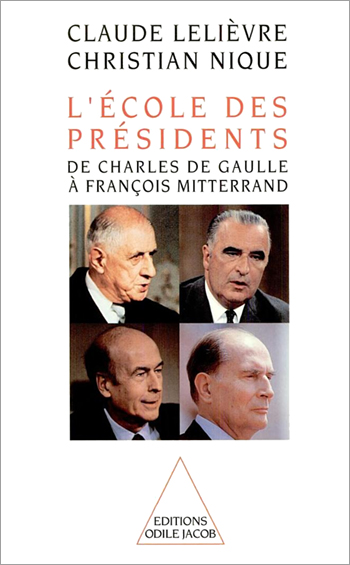
Claude Lelièvre, Christian Nique
The School of Presidents From Charles de Gaulle to François Mitterrand
What kind of education shaped Charles de Gaulle, Georges Pompidou, Valéry Giscard d'Estaing and François Mitterand? Who were their mentors? What was their opinion of school? What role is played in educational politics by a nationalist "Saint-Cyrien", a conservative "Normalien," a liberal from Polytechnique or ENA, or a socialist from Sciences-Po? How did their different educational experiences affect their actions and their views? A story of four great men who were once just schoolboys like everyone else.
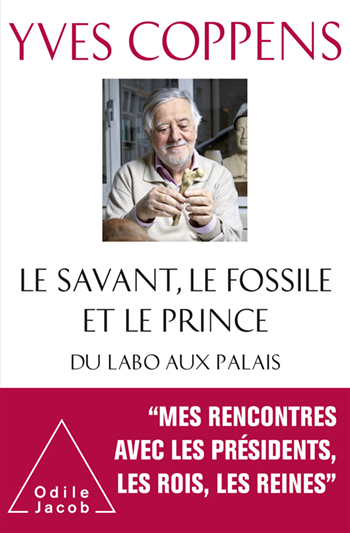
Yves Coppens
The Scholar, the Fossil, and the Prince From the Lab to Palaces
A storyteller with amazing talent, a scientist who is happy to reveal to the greatest of figures other facets of his personality: adventurous, refined, and full of humor.
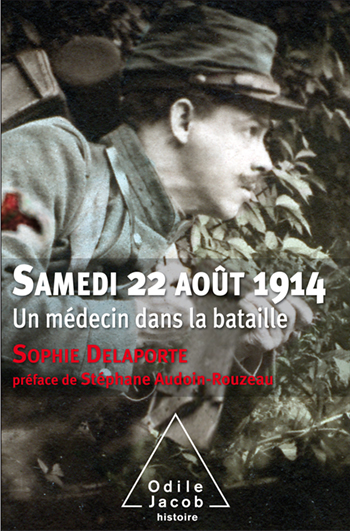
Sophie Delaporte
Saturday 22 August 1914 A Doctor at War
The bloodiest day in France’s history as it was lived by a doctor in the Great War
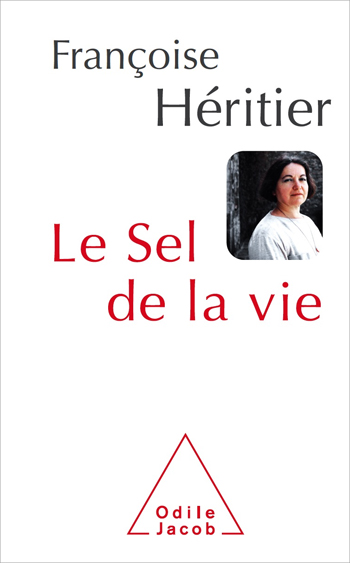
Françoise Héritier
The Salt of Life
In this wonderful little book that literally sparkles with wisdom, Françoise Héritier incites us to play a game with our own memories
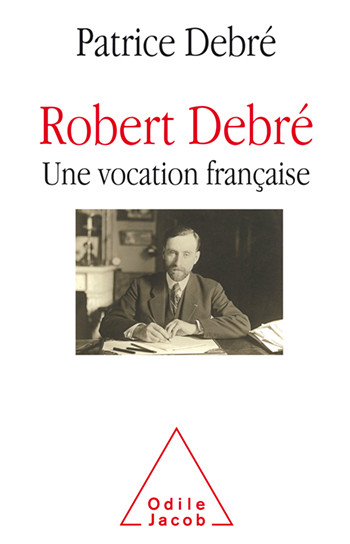
Patrice Debré
Robert Debré, a French vocation A very great physician, a great scientist, a model for the French
The style of the narrative is very upbeat, almost that of a novel. The story of a family that is also a way of restoring the history of France from the beginning of the twentieth century to the present. The reputation of the author, and
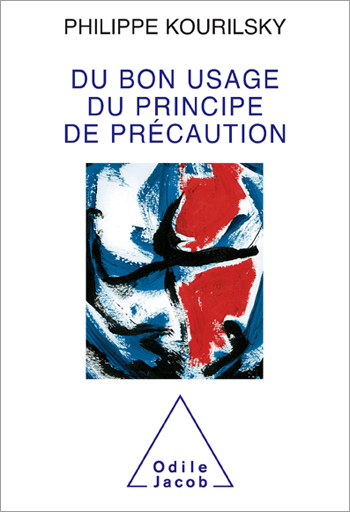
Philippe Kourilsky
The Right Usage of the Precautionary Principle
The precautionary principle is a term so frequently repeated in most spheres of public life that it has become something of a mantra. And yet it remains controversial and has been given many different, and often contradictory, interpretations by its supporters and opponents. For these reasons, the author argues that it is essential to clarify the way the term is used, and this forms the basis of this work. Philippe Kourilsky is the head of the Institut Pasteur and a member of the French Academy of Science.
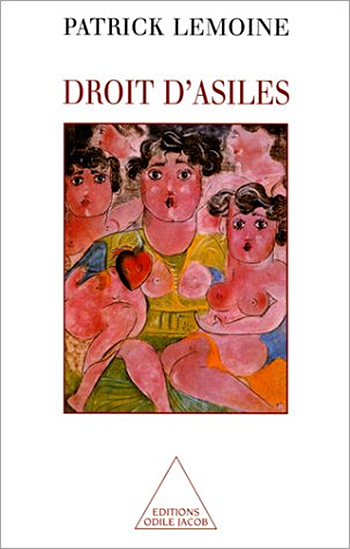
Patrick Lemoine
Right of Sanctuaries
This book is a detailed reconstruction of daily life at the Asile du Vinatier, a psychiatric institution near Lyon, from 1937 to 1945, a period marked by the earliest institutional attempts to treat mental illness. It was also the time when the blindness of administrative rules, the meanness of politicians, and the indifference of society at large resulted in a collective drama: the gradual extermination of mental patients. Patrick Lemoine is a psychiatrist and department head at the Hôpital du Vinatier in Lyon.
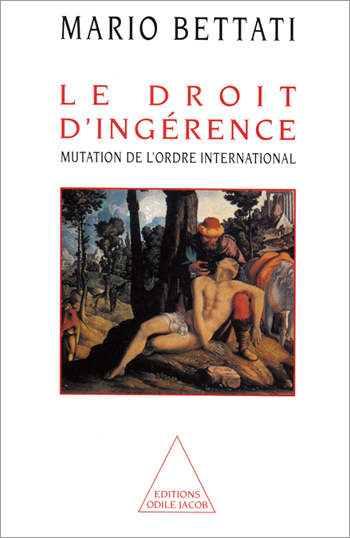
Mario Bettati
The Right of Interference Transformation of International Order
Inventor of the "right of interference", Mario Bettati, a professor of International Law, explains in this book the precise political circumstances and the legal context under which the right of humanitarian interference came about. This book is divided into four parts which follow both a chronological and a logical order. Beginning with interference as verbal denunciation, following with interference as medical assistance, he speaks of forced interference (Yugoslavia, Somalia and Rwanda) and finishes by dissuasive interference (courts for crimes against humanity and conflicts observatories). A thorough presentation of an important subject.
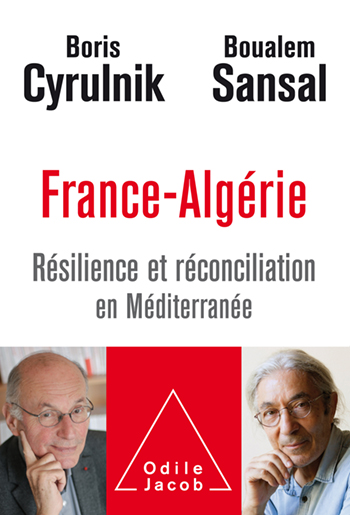
Boris Cyrulnik, Boualem Sansal
Resilience in the Mediterranean
The idea for this book was born out of a routine investigation into the revolution undertaken in February 2019 by young Algerians attempting to oust a corrupt government and replace it with true democracy.
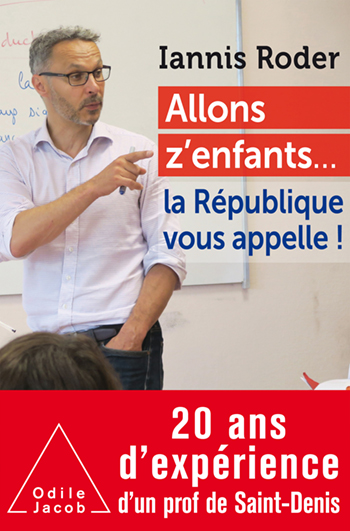
Iannis Roder
Recovered Children of the Republic Reflections and Practices of Network of Priority Education
A book filled with Iannis Roder’s experiences, including many portraits of students and stories that tell us a lot about the reality of schools in the banlieues.
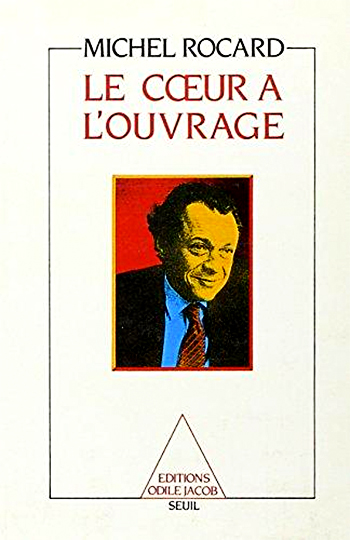
Michel Rocard
Putting One's Heart into One's Work
In this intellectual and political autobiography, former French Prime Minister Michel Rocard explains the ethical requirements which underlied his every political action. This book provides an uncompromising analysis of French society and politics by examining the economic, cultural and social questions which France poses itself today.

Henri Korn
Promised Lands
From a childhood under the Nazi occupation to great scientific discoveries: a life of passionate curiosity in which nothing is predetermined
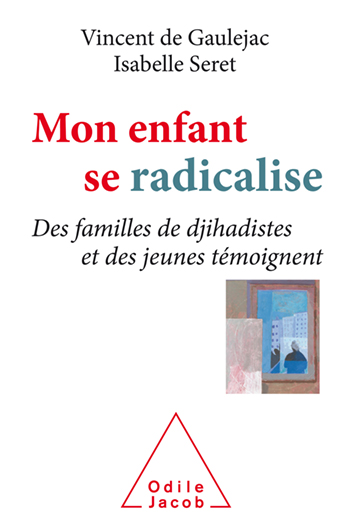
Vincent deGaulejac, Isabelle Seret
Preventing Radicalization: Jihadism, Terrorism
Undertaken first in Belgium shortly after the attacks that occurred in that country, this approach has received a great deal of attention from public authorities, and is seeing increasing interest in France, given the failure of de-radicalization policies.
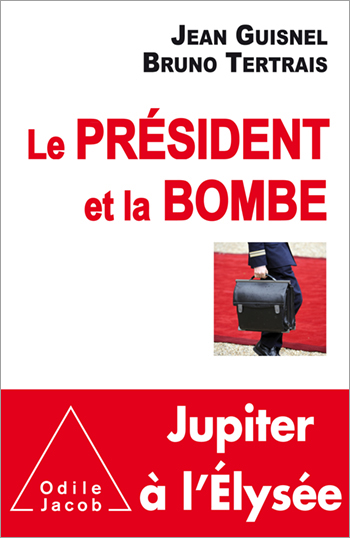
Jean Guisnel, Bruno Tertrais
The President and the Bomb
Fed by unimpeachable sources — archives, interviews, personal memoirs — this book is for everyone, as even experts on the subject will find surprises here.

Rita Levi Montalcini
Praise of Imperfection New Edition
Rita Levi Montalcini's life has been entirely dedicated to scientific research. She grew up in a tightly knit Jewish family and studied medicine in Turin. Forced into inactivity by the racist laws of Fascist Italy, she set up a makeshift laboratory in her bedroom and began studying the development of the nervous system. Her research, which she completed in the United States after the war, led to the discovery of the nerve growth factor whose role is to stimulate the growth of nerve fibres. Her autobiography, written with warmth and simplicity, traces the progress of her life, including being awarded the Nobel Prize for Medicine.
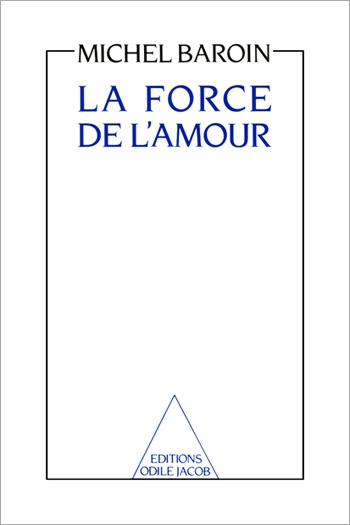
Michel Baroin
The Power of Love
Defining who I am, what I believe in, and where I exercise my responsabilities, whether within my family, the city, or the companies I am in charge of; taking from this experience a message of hope for the future, a moral for the individual, a conception of society: this is the aim of this essay, written by M. Baroin, the former Grand Master of the Grand-Orient de France, who died in an aircrash in 1987.

